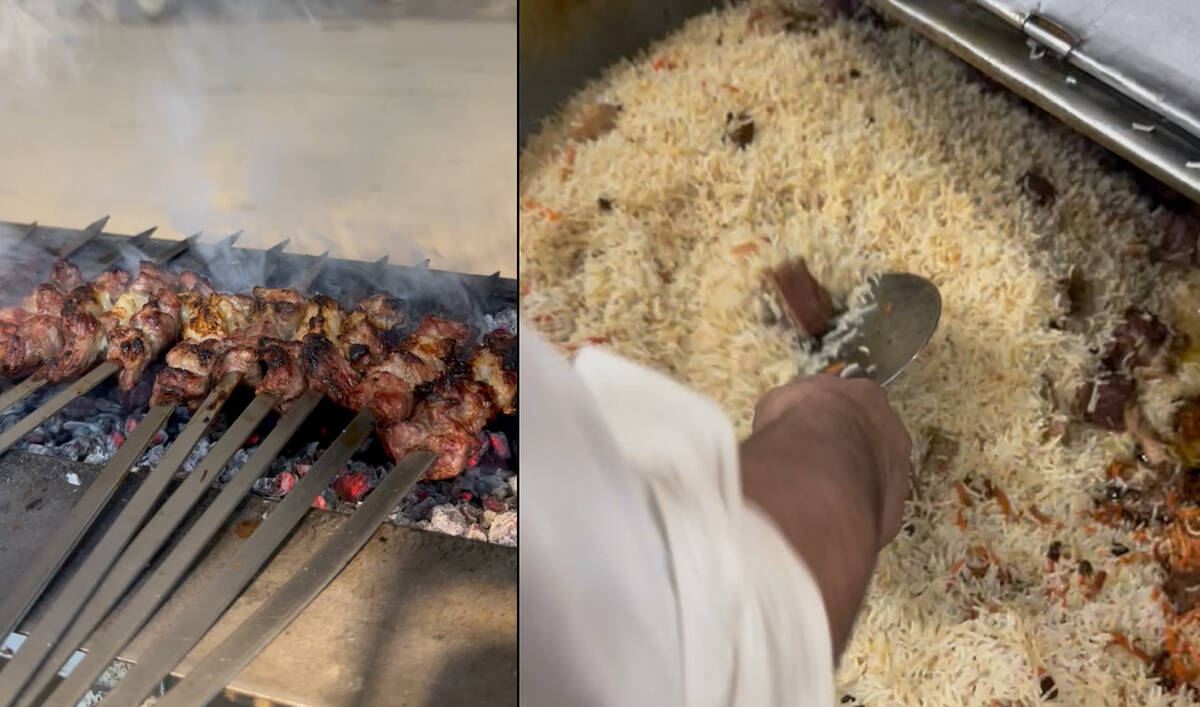‘The Legend of Zelda: Tears of the Kingdom’

Developer: Nintendo
Thanks in great part to delays caused by the COVID-19 pandemic, 2023 has been arguably gaming’s greatest year. Several of its titles are already recognized as classics, and “Tears of the Kingdom” is perhaps the finest of all — at least in terms of gameplay. You control the franchise’s main protagonist, Link, as he searches for Zelda in the sprawling world of Hyrule and attempts to prevent the evil plans of the Ganon, the Demon King — and “control” is the right word here: everything about this game is incredibly fluid, particularly the combat (something other developers often struggle with). It’s also gorgeous to look at. Nintendo also pitched the difficulty level just right — it’s not an easy game, but it’s immensely rewarding. The only drawback? You can still only play it on the Nintendo Switch, meaning lots of people miss out on this extraordinary experience.
‘Dredge’

Developer: Black Salt Games
This downbeat indie release was one of the year’s great treats. Yes, it is — strictly speaking — a fishing simulator, but if you’ve ever had a fishing trip like this, chances are you’ve been scarred for life. You play a struggling trawler captain navigating a group of remote islands. You can trade your catches with the locals, and gradually improve your boat, skills and knowledge. But the more you find out about those locals, the more you’ll realize you’ll need all the help you can get to survive these waters. Smart and engaging, “Dredge” was a reminder that indie games can match any of the big boys.
‘Hi-Fi Rush’
Developer: Tango Gameworks
We did doubt if this wildly over-the-top rhythm-based action game — released in January — would bear repeat plays, but as we reach the end of the year it’s fair to say “Hi-Fi Rush” is still delivering on the promise of its title. You play as wannabe rock star Chai, whose music player is accidentally embedded in his chest during experimental surgery. Now you have to defeat the evil execs of the company that did this to you, with fighting skills that require you to try and match the rhythms of the game’s excellent soundtrack. It’s loud — both visually and musically, cartoonish, and a lot of fun.
‘Assassin’s Creed Mirage’

Developer: Ubisoft Bordeaux
The latest in Ubisoft’s blockbuster franchise about an ancient brotherhood of contract killers was something of an anomaly — a video game that brought Arab and Muslim culture and heritage to life in a respectful and immersive way. You play Basim Ibn Ishaq, last seen in the previous “Assassin’s Creed” installment as a secret villain. “Mirage” is a dozen years earlier in 9th-century Baghdad, before Basim turned into a bad guy. Lebanese-Canadian actor Lee Majdoub, who voices Basim, told Arab News earlier this year that making the game had been a “genuinely profound experience.” Apart from its cultural significance, though, “Mirage” was also a lot of fun to play — the franchise’s stealth and parkour foundations providing a solid base for an engrossing adventure.
‘Alan Wake 2’

Developer: Remedy Entertainment
It was a long, long wait for this follow up to 2010 cult hit “Alan Wake,” but Remedy absolutely nailed this sequel which has garnered near-universal acclaim (and a few major awards). While the original was mostly an action-adventure game, the sequel ramps up the horror elements significantly. We discover that Wake — a best-selling novelist — has been trapped in an alternate dimension for the past 13 years. Playing alternately as Wake and FBI agent Saga Anderson (investigating a string of ritual murders linked to Wake’s novels), you must solve mysteries, reshape the ‘Dark Place,’ escape time loops, and avoid getting killed horribly by monsters.
‘Baldur’s Gate 3’

Developer: Larian Studios
The year’s best fantasy RPG (and there were some great ones) rewarded devoted players with a feeling of truly being the co-author of a great story (brought to life with superb voice acting). Developers often claim that a player’s choices will affect their games’ storylines — but often that boast amounts to little. That’s not the case here: If you put the time into building relationships (for good or bad), then the knock-on effects genuinely change things. And the freedom you have as a player is truly astonishing — you can sneak around thieving what you need or go full-on Berserker and hack down everything in your path; you can schmooze and seduce or keep yourself to yourself; you can turn enemies into friends or into dust. So immersive and so re-playable that it should probably come with some kind of warning.






















